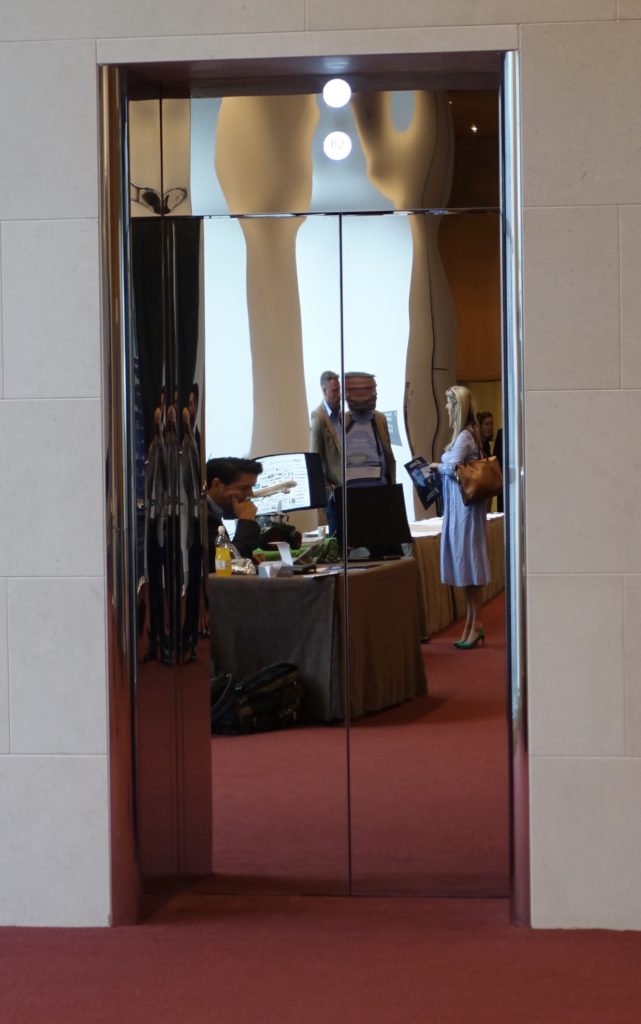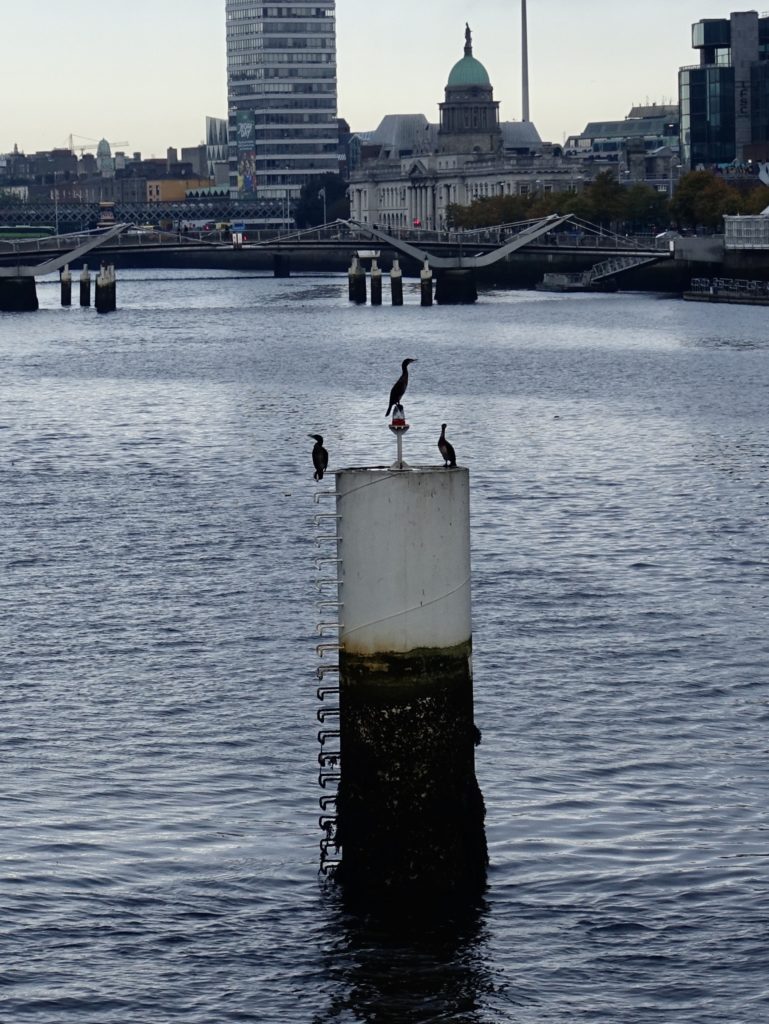One of the glories of the blogosphere is its infinite variety. The economist Branko Milanovic has a fascinating post on his blog after he discovered an obscure book (probably based on an academic dissertation) in a secondhand bookstore in St Petersburg. The book is a detailed (400-page) account of 47 banquets that Stalin hosted between 1935 and 1949. The banquets, hosted in various reception rooms of the Kremlin, included between 500 and 2000 people and were, Milanovic writes,
sumptuous affairs, especially if contrasted with generalized penury of meat, fresh fruit and vegetables that often was the case in Moscow and even more so in the provinces. All produce and drinks however were Soviet-made. Compared to their equivalents organized by Hitler and his lieutenants and studied by Fabrice d’Almeda in The High Society in the Third Reich, Soviet banquets were more monotonous, less extravagant, and more modest. They were also more business-like in not (generally) including family members.
There were two groups of diners. The first (obviously) were members of the Politburo and top government officials. The guests were various groups of people. Many of the banquets were done after the May 1 or the Day of the October Revolution (November 7) military parades and thus included mostly the Army and the Navy. One especially favoured group, apparently, were Air Force pilots.
These provided some comic interludes. For example:
There were several special banquets for the pilots that in the 1930s achieved some notable successes for the Soviet aerospace, including flying to the North Pole, saving sailors stuck in the icy northern desert, and flying long-range non-stop flights to North America. These banquets seemed to put Stalin in an exceptionally good mood because he treated pilots with special consideration, allowing them liberties that very few were granted, including having his toast twice interrupted by the same pilot, at two different banquets. At times, there were unusual scenes that in a more bourgeois Western settings would have been unimaginable—as when Stalin invited the pilots to the leadership table and then began to hug and kiss each of them, which in turn led the entire Politburo to do likewise. With a dozen of pilots and more than a dozen of members of the leadership that implied perhaps as many as 150 or even 200 hugs and kisses. An almost California-like therapy of free hugs.
For those at the top table, however, things were anything but comical:
Even if the core was stable (Stalin, Molotov, Kaganovich, Kalinin, Voroshilov, and to some extent Mikoyan, Andreev and Zhdanov) included also the people who were, at various times, later purged and executed. For example (p. 158), “From June 1937 to April 1938, almost to his arrest, Kosior sat five times at that [leadership] table….In August 1938 Kosior’s wife was shot. And then he was arrested himself. He was taken to the higher level of punishment [probably torture]”. Overall, out of 21 people (excluding Stalin) who sat at the leadership table in 1937 and 1938, eight were shot and two killed themselves (p. 162). Thus almost half of the convives to that supreme table were killed by the main host. Not a usual occurrence.
Simultaneously creepy and fascinating.



